What treatment
10+ Highly Rated Ibogaine Therapy for Alzheimer Disease Clinics in Mexico
Reach Out to These Certified Ibogaine Therapy for Alzheimer Disease Clinics List in Mexico Loved by Patients!
New Path Ibogaine
Overview
Discover safe and effective Ibogaine Treatment in Rosarito Beach, Mexico at New Path. Transform addiction recovery with professional care and lasting results.
Read more details
Ibogaine Cancun
Overview
Ibogaine Cancun provides addiction treatment for cocaine, opiates, alcohol, and more at a top wellness and rehabilitation center in Cancun, Mexico.
Read more details
Ibogaine by David Dardashti
Overview
Get ibogaine treatment in Playa del Carmen, Mexico by David Dardashti. Celebrating 15 Years of Groundbreaking Ibogaine Treatments and Transforming Thousands of Lives!
Read more detailsLifes Oasis Vallarta
Overview
Discover Lifes Oasis Vallarta in Puerto Vallarta, Mexico. Expert addiction recovery with personalized care, holistic therapies, and serene coastal surroundings.
Read more detailsDiscover your treatment options with a free, no-obligation quote!
Get your quote now!MindScape Retreat
MindScape Retreat in Cozumel, Mexico offers holistic addiction treatment with expert care, serene surroundings, and personalized recovery programs.
Costa Rica Treatment Center - San Jose
Overview
Experience effective addiction recovery at Costa Rica Treatment Center in San Jose. Specialized in detox, alcohol, drug rehab, and mental health treatments.
Read more detailsBwiti House
Overview
Discover Ibogaine treatment in Libreville, Gabon at Bwiti House, specializing in depression treatment, addiction recovery, PTSD treatment, and more Since 1990.
Read more detailsDr. K. Ranjit TMS Clinic
Overview
Discover Dr. K. Ranjit TMS Clinic in Pietermaritzburg, South Africa, offering expert psychiatric care and alternative treatments for mental health.
Read more detailsDiscover your treatment options with a free, no-obligation quote!
Get your quote now!Gleneagles Hospital, Mumbai
Overview
Gleneagles Hospital is recognized as the best hospital in mumbai india, offering advanced multispeciality care, transplants, and modern medical services.
Read more detailsKeysteps Wellbeing Service - Addiction Treatment UK Center
Overview
Expert Addiction Treatment in the UK by Keysteps Wellbeing Service, London. Dr. Cyrus Ali Abbasian leads bespoke programs for addiction, anxiety, PTSD & more.
Read more detailsMoodist Hospital
Overview
Moodist Hospital offers expert addiction treatment in Istanbul, Turkey, with specialized programs for alcohol, drug, and mental health recovery.
Read more detailsProfReab
Overview
Discover Profreab Drug Addiction Treatment Center in Budva Montenegro offering tailored programs for heroin, cocaine, alcohol, and gambling addiction recovery.
Read more detailsWhich are the best Ibogaine Therapy for Alzheimer Disease clinics in Mexico?
For Ibogaine Therapy for Alzheimer's Disease in Mexico, highly-regarded clinics include New Path Ibogaine (Rosarito Beach), Ibogaine Cancun (Cancun), Ibogaine by David Dardashti (Playa Del Carmen), and Lifes Oasis Vallarta (Puerto Vallarta). These facilities are recognized for their specialized approaches, experienced care teams, and patient focus in the field of alternative neurodegenerative treatments.
When seeking effective Ibogaine therapy for Alzheimer's, patients and their families often look for clinics with established reputations and comprehensive care models. Mexico has emerged as a key destination, offering specialized centers that combine innovative treatments with supportive environments.
- New Path Ibogaine (Rosarito Beach): This clinic focuses on addiction recovery and offers Ibogaine treatments with medical oversight. While their primary listing emphasizes addiction, they may cater to neurological conditions like Alzheimer's, depending on patient assessment.
- Ibogaine Cancun (Cancun): Known for its wellness and rehabilitation programs, Ibogaine Cancun provides Ibogaine treatment for various conditions, including potential neurodegenerative support, within a serene coastal setting. They prioritize patient safety and comfort.
- Ibogaine by David Dardashti (Playa Del Carmen): This center has a long-standing history in Ibogaine therapy, focusing on a range of conditions. They emphasize a personalized approach, which is vital for patients with complex needs like those with Alzheimer's.
- Lifes Oasis Vallarta (Puerto Vallarta): Offering a holistic approach to recovery, this facility in Puerto Vallarta provides personalized care in a tranquil environment, suitable for individuals seeking supportive therapy for neurodegenerative challenges.
How do I choose an Ibogaine Therapy for Alzheimer Disease Clinic in Mexico?
Choosing the right Ibogaine therapy clinic in Mexico for Alzheimer's requires focusing on medical supervision, stringent safety protocols, and a comprehensive screening process. Prioritize centers with experienced medical staff, including neurologists and cardiologists, who conduct thorough pre-treatment evaluations to ensure patient safety and suitability for this innovative therapy, emphasizing specialized neurological care.
When you're embarking on the journey to select an Ibogaine therapy clinic for Alzheimer's, it's about more than just finding a facility; it's about finding a dedicated medical partner. A reputable clinic will be completely transparent about its medical team's credentials and their specific experience with neurodegenerative conditions. They should demonstrate a clear, multi-step screening process tailored to protect vulnerable patients.
- Medical Team Expertise: Ensure the clinic has licensed medical doctors, ideally with specialties in neurology and cardiology, who are on-site and fully involved in patient care from admission through aftercare.
- Safety and Emergency Preparedness: The facility must adhere to strict safety guidelines, including continuous cardiac monitoring, immediate access to emergency medical equipment, and staff trained in Advanced Cardiac Life Support (ACLS).
- Personalized Treatment Plans: Look for clinics that develop individualized treatment protocols based on the patient’s specific Alzheimer’s progression and overall health, recognizing that one size doesn't fit all for neurodegenerative conditions.
- Holistic Support: Beyond the Ibogaine treatment itself, evaluate the availability of complementary therapies, nutritional support, and psychological counseling to enhance cognitive well-being and aid in the integration of the experience.
What safety protocols should Ibogaine clinics in Mexico have for Alzheimer's patients?
Top-tier Ibogaine clinics in Mexico must implement stringent safety protocols for Alzheimer's patients, focusing on continuous cardiac monitoring and precise neurological assessment. Essential measures include around-the-clock EKG monitoring, immediate access to advanced emergency medical equipment, and staff rigorously trained to manage potential cardiovascular or cognitive adverse events during the specialized treatment.
For patients with Alzheimer's, who may have additional age-related health considerations, safety isn't just a concern—it's the top priority. A clinic’s commitment to safety reflects its overall quality of care and ethical standards.
Here are the critical safety protocols you should expect and verify:- Continuous Cardiac Monitoring: Patients must be connected to an electrocardiogram (EKG) machine throughout the Ibogaine administration and for a substantial period afterward. This is crucial to detect and manage any heart rhythm irregularities, especially QT prolongation.
- Dedicated Medical Supervision: A licensed physician, ideally with expertise in emergency medicine or cardiology, must be physically present and actively supervising the patient at all times during the Ibogaine session.
- Emergency Preparedness: The facility must be fully equipped with essential emergency medical devices like a defibrillator, oxygen supply, and a comprehensive range of medications needed for Advanced Cardiac Life Support (ACLS). All relevant medical staff should be ACLS-certified.
- Strict Exclusion Criteria: A responsible clinic will have clear medical exclusion criteria, immediately disqualifying patients with specific pre-existing conditions such as severe heart disease, significant liver or kidney dysfunction, or certain complex psychiatric disorders that could interact negatively with Ibogaine.
How do Mexican Ibogaine clinics screen patients with Alzheimer's Disease?
Reputable Mexican Ibogaine clinics utilize a multi-faceted screening process for Alzheimer's patients to ensure both their safety and suitability for treatment. This critical evaluation involves a detailed review of all medical records, comprehensive neurological assessments, psychiatric evaluations, and mandatory lab tests, including a full EKG, blood panel, and liver function tests, prior to any treatment approval.
The screening process is arguably the single most important step in the entire Ibogaine therapy journey, especially for patients with Alzheimer's. It's meticulously designed to identify any potential health risks that could make the treatment unsafe for an individual. You should be very cautious of any clinic that appears to rush or bypass any part of this essential process.
A thorough screening typically includes:- Extensive Medical History: A deep dive into the patient's complete medical background, encompassing all current medications, any past surgeries, existing chronic conditions (especially cardiovascular issues), and any history of adverse reactions to substances.
- Cardiovascular Evaluation: A mandatory electrocardiogram (EKG or ECG) is performed to meticulously check for any underlying heart conditions. Given Ibogaine's potential impact on heart rhythm, some clinics might also require a more advanced cardiac stress test.
- Comprehensive Laboratory Tests: A full blood panel is essential to assess organ function, particularly kidney and liver health, as these organs are crucial for metabolizing and eliminating Ibogaine from the body safely.
- Psychological and Neurological Assessment: A specialized evaluation is conducted to determine the current stage and progression of Alzheimer's, assess overall cognitive function, and identify any co-occurring psychiatric conditions that could pose contraindications for Ibogaine therapy.
What kind of medical staff works at Ibogaine centers in Mexico?
Leading Ibogaine centers in Mexico for neurodegenerative conditions employ a comprehensive, multidisciplinary medical team. This typically includes licensed medical doctors (MDs) for overall treatment oversight, registered nurses (RNs) for continuous 24/7 patient care, certified paramedics for immediate emergency response, and skilled therapists or counselors for essential psychological support. The presence of a consulting cardiologist is often a strong indicator of a high-quality clinic prioritizing patient safety.
The expertise and training of the staff are the bedrock of a safe and effective Ibogaine clinic. Patients are entrusting their well-being to these professionals, making their qualifications of paramount importance. A well-staffed clinic will feature a team with diverse and relevant skills to manage every aspect of a patient's complex care, especially when treating conditions like Alzheimer's.
Look for a team that demonstrably includes:- Medical Director and Supervising Physician: A highly qualified, licensed MD who is responsible for all medical protocols, patient screening, and precise dosing. This physician must be physically present throughout the entire treatment process.
- Registered Nursing Staff: Experienced Registered Nurses (RNs) who provide continuous round-the-clock monitoring, administer supportive care as needed, and diligently manage patient comfort and immediate post-treatment needs.
- Therapeutic and Integration Specialists: Psychologists, professional counselors, or dedicated integration specialists who offer crucial mental and emotional support. Their role extends from preparing the patient before Ibogaine administration to guiding them through the experience and facilitating integration afterward.
- ACLS-Certified Personnel: It is absolutely essential that at least some members of the on-site medical staff, including doctors and nurses, hold current certification in Advanced Cardiac Life Support (ACLS) to ensure readiness for any cardiac emergencies.
Do Ibogaine clinics in Mexico offer aftercare for Alzheimer's patients?
Yes, premier Ibogaine clinics in Mexico typically provide comprehensive aftercare programs specifically tailored for patients with neurodegenerative conditions like Alzheimer's. This vital ongoing support includes personalized integration coaching, detailed nutritional guidance, and scheduled follow-up consultations to help sustain any potential cognitive benefits and proactively promote long-term brain health once the patient returns home.
The actual Ibogaine treatment is just one critical phase in a longer healing journey. What transpires in the days, weeks, and months following the treatment is equally, if not more, important for maximizing and maintaining any potential therapeutic benefits. A clinic's dedication to robust aftercare demonstrates a profound investment in the patient's long-term well-being and cognitive health, far beyond the initial procedure.
Effective aftercare plans often include:- Integration Coaching and Therapy: Regular sessions with a qualified therapist or coach designed to help the patient and their family process the Ibogaine experience, integrate any insights gained, and apply them to daily life and cognitive management strategies.
- Personalized Nutritional & Supplement Regimens: Tailored guidance on diet, brain-supporting supplements, and lifestyle modifications aimed at fostering neurogenesis, reducing inflammation, and optimizing overall brain health.
- Structured Follow-Up Communication: Pre-scheduled check-ins via phone or video calls with the clinic's medical or therapeutic staff to continuously monitor the patient's progress, address any emerging concerns, and adjust ongoing support as needed.
- Connection to Local Resources: Providing referrals and facilitating connections to qualified therapists, specialized support groups, and other healthcare providers in the patient's home country for seamless, continued care and community support.
Are family members allowed to stay at Ibogaine clinics in Mexico?
Many Ibogaine clinics in Mexico treating conditions like Alzheimer's often allow and even encourage a family member or dedicated caregiver to accompany the patient. While specific policies can differ between facilities, leading clinics understand the profound importance of family support and may offer accommodations for companions, actively involving them in both pre-treatment education and crucial aftercare planning.
Having a trusted loved one present can provide immense comfort and prove highly beneficial for an Alzheimer's patient undergoing a novel therapy in a new environment. It fosters emotional stability and ensures a familiar, reassuring presence is part of the patient’s support system, especially during vulnerable moments.
When inquiring with a clinic, be sure to ask about their specific policies:- Companion Accommodation Options: Clarify if the clinic offers private rooms or suites that can comfortably accommodate a companion. Also, inquire about any additional fees associated with a companion's stay.
- Level of Family Involvement: Understand how the accompanying family member can participate in the patient's care. This might include attending initial consultations, participating in certain therapy sessions (with the patient's consent), and playing an active role in developing the aftercare strategy.
- Facility Guidelines: Be aware of any specific times or areas within the clinic where the companion might not be permitted, typically for privacy reasons or during the peak hours of Ibogaine administration.
- Caregiver Support and Education: Some progressive clinics extend their support beyond the patient to include education and resources for the caregiver, recognizing their critical role in the patient's long-term health management and overall well-being.
How do I verify the credentials of a Mexican Ibogaine clinic?
To verify a Mexican Ibogaine clinic's credentials, always request to see their COFEPRIS (Mexico's health authority) operating license or permit. Ask for the full names and professional medical license numbers (cédula profesional) of their lead physicians; these can often be cross-referenced online. Additionally, seek out patient testimonials on independent platforms and inquire about any international affiliations or certifications the clinic proudly holds.
Performing thorough due diligence is absolutely essential for your safety and peace of mind when considering any medical treatment abroad. A transparent and legitimate clinic will be more than willing to provide you with all necessary documentation and information. You should exercise extreme caution and potentially avoid any facility that appears hesitant or unable to openly share its credentials.
Here’s a robust checklist for credential verification:- Official COFEPRIS License: This is the primary health permit issued by the Mexican government that allows a medical facility to operate. Insist on seeing a valid and current license.
- Physician License Verification: Request the "cédula profesional" (professional license number) for all key medical staff, especially the supervising physicians. This number can sometimes be searched on Mexico's national registry of professionals to confirm their qualifications.
- Independent Patient Reviews: Do not rely solely on testimonials presented on the clinic's own website. Actively seek out reviews and feedback on independent third-party forums, patient advocacy groups, and reputable medical tourism platforms to get an unbiased perspective.
- Direct Patient Contact (with consent): A truly reputable clinic may be able to connect you (with their explicit permission) with former patients who are willing to share their firsthand experiences and insights about the clinic's care and outcomes.
- International Accreditations: Inquire about any international accreditations or affiliations the clinic might hold (e.g., from organizations that review international medical standards), as these can indicate a commitment to global best practices.
What is the typical length of stay at an Ibogaine facility for Alzheimer's treatment?
The typical length of stay at an Ibogaine facility in Mexico for Alzheimer's treatment generally ranges from 7 to 14 days. This duration is crucial, allowing for comprehensive pre-treatment medical evaluations and patient stabilization, the safe Ibogaine administration itself, and a vital period of post-treatment observation, recovery, and initial integration before the patient is deemed safe and ready for travel.
It's important to understand that the actual Ibogaine administration day is only one component of the entire therapeutic process. A safe, thorough, and effective treatment program necessitates significant time dedicated to preparation before the primary session and crucial recovery and integration afterward. Be wary of any clinic proposing a very short stay (e.g., just 2-3 days), as this may indicate insufficient adherence to essential safety and recovery protocols.
A standard and responsible program is often structured as follows:- Arrival and Acclimation (1-3 days): During this initial phase, the patient arrives, settles into the environment, and undergoes final, crucial medical screenings, including updated EKG readings and comprehensive blood work. This period also serves as an important time for physiological and psychological stabilization.
- Ibogaine Treatment Day (1 day): This is the day the Ibogaine is administered. It occurs under continuous and close medical supervision, with the acute effects of the treatment typically lasting anywhere from 6 to 12 hours, followed by an immediate initial recovery phase.
- Post-Treatment Observation and Recovery (3-7 days): This is a critically important phase. Patients receive continuous medical and psychological monitoring to assess their physical and emotional state. This period includes essential rest, proper hydration, tailored nutritional support, and the commencement of initial integration therapy sessions.
- Departure Preparation (1-2 days): Before discharge, final medical checks are performed to ensure the patient is fully stable, physically fit, and psychologically prepared for the journey home, along with thorough aftercare planning.
Do clinics in Mexico use Ibogaine or Iboga for Alzheimer's therapy?
Clinics in Mexico providing medical treatments like Alzheimer's therapy typically utilize Ibogaine Hydrochloride (HCL) rather than the raw Iboga root. Ibogaine HCL is a purified, isolated alkaloid, which enables highly precise, medical-grade dosing and a more predictable clinical response. This controlled approach is absolutely crucial for ensuring optimal patient safety, particularly for individuals with complex medical profiles.
While both Ibogaine HCL and Iboga originate from the Tabernanthe iboga plant, their application in a clinical setting is fundamentally different. Understanding this key distinction is vital when you are evaluating a clinic’s treatment protocol and overall safety standards.
Consider these differences:- Ibogaine Hydrochloride (HCL): This is the highly purified extract predominantly used in medical and research settings. Its purified form allows medical professionals to accurately calculate and administer doses based on the patient's precise body weight, specific medical condition, and potential drug interactions. This level of dosage predictability is essential for minimizing risks, especially critical cardiac risks, in medically fragile populations.
- Total Alkaloid Extract (TA) or Iboga Root Bark: These forms contain Ibogaine alongside a complex mixture of a dozen or more other naturally occurring alkaloids from the plant. While some proponents suggest that these other alkaloids offer synergistic benefits, the variable and unstandardized composition of raw root bark makes precise dosing practically impossible. For medically sensitive patients, such as those with Alzheimer's, the use of unstandardized root bark is generally considered less safe and more challenging to manage effectively in a controlled clinical environment due to unpredictable effects.
Will my US or Canadian health insurance cover Ibogaine clinics in Mexico?
No, it is highly improbable that US or Canadian health insurance plans will provide coverage for Ibogaine therapy at clinics in Mexico. This treatment is currently considered experimental and lacks approval from the FDA in the United States and Health Canada. Consequently, patients should anticipate paying the full cost of treatment out-of-pocket, as most clinics operate strictly on a self-pay basis.
The absence of regulatory approval for Ibogaine therapy in your home country is the primary and most significant barrier to obtaining insurance coverage. Health insurance companies are legally bound to only cover treatments that are recognized as standard, evidence-based medical care within their jurisdiction and regulatory framework.
Here’s what you absolutely need to understand regarding insurance coverage:- Experimental Status: Because Ibogaine for Alzheimer's is not an FDA or Health Canada-approved treatment, it fundamentally falls outside the scope of what any standard health insurance policy will cover, regardless of the plan's generosity.
- Limitations of Coverage: Even if your health insurance plan offers seemingly broad out-of-network or international benefits, these typically do not extend to non-approved, experimental medical procedures. Insurance policies are structured to cover established medical practices, not investigational therapies.
- Clinic Payment Requirements: Ibogaine clinics in Mexico are well aware of these international insurance limitations and structure their financial policies accordingly. They will almost always require direct payment from the patient, commonly through methods such as wire transfers, credit card payments, or cash.
- Alternative Financing Options: Since traditional insurance coverage is not an option, many patients explore alternative avenues to finance their treatment. These may include securing medical loans, utilizing personal savings, initiating crowdfunding campaigns, or, in some cases, using Health Savings Accounts (HSAs), though HSA eligibility for unapproved treatments can be complex and requires careful verification.
How PlacidWay helps individuals access Ibogaine Therapy for Alzheimer Disease in Mexico?
- PlacidWay provides detailed, up-to-date information about Ibogaine Therapy for Alzheimer Disease, giving you a clear understanding of the potential benefits, risks, and what to expect from the treatment journey.
- We help you compare treatment in various clinics in Mexico, ensuring you find affordable options that meet high standards of quality and safety, so you never have to compromise.
- PlacidWay assists users in finding trusted, accredited clinics and medical professionals specializing in Ibogaine Therapy for Alzheimer Disease in Mexico.
- We offer complimentary, one-on-one consultations to help users make informed decisions about their treatment, ensuring their specific needs are met.
- PlacidWay ensures continued support after the treatment, including follow-up care and recovery assistance to help you maintain the benefits of your therapy long after you've returned home.
Ready to get Ibogaine Therapy for Alzheimer Disease in Mexico? Contact us today for a personalized consultation.












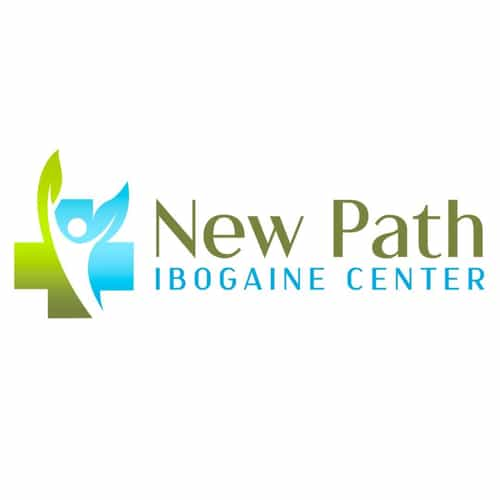

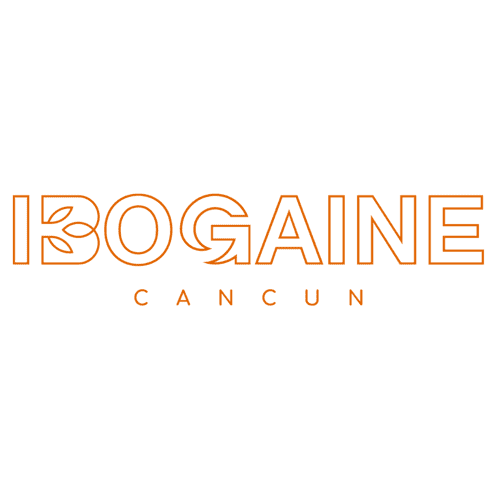

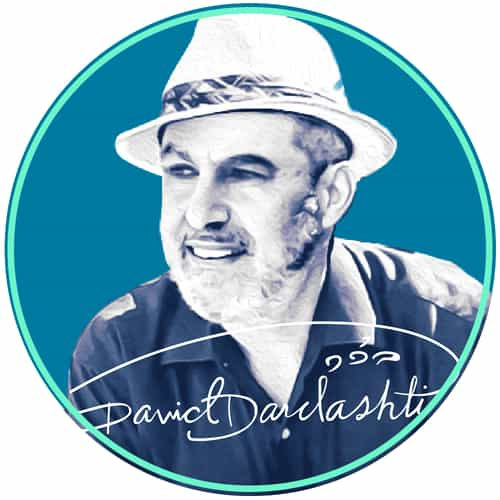

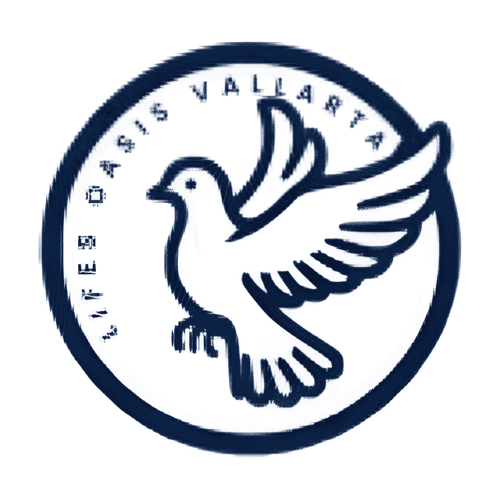
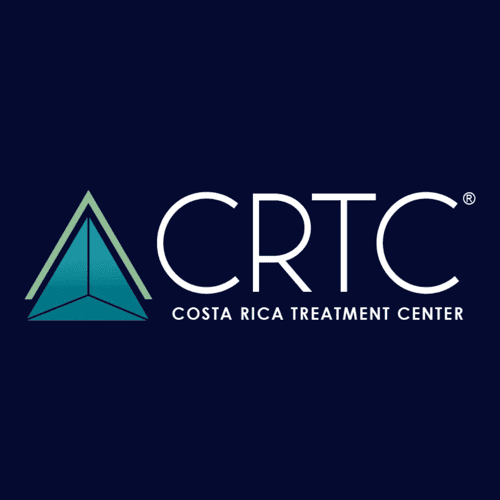
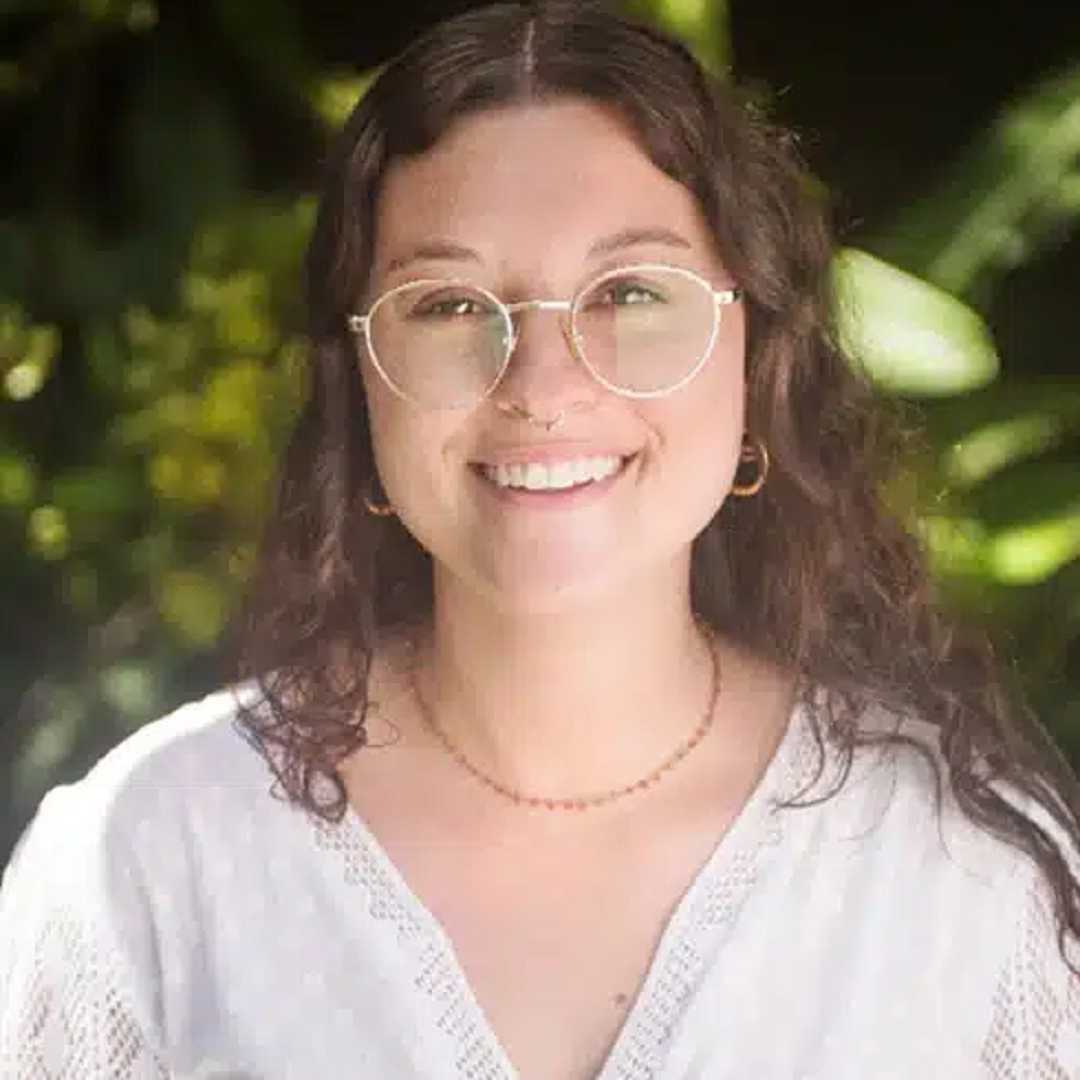

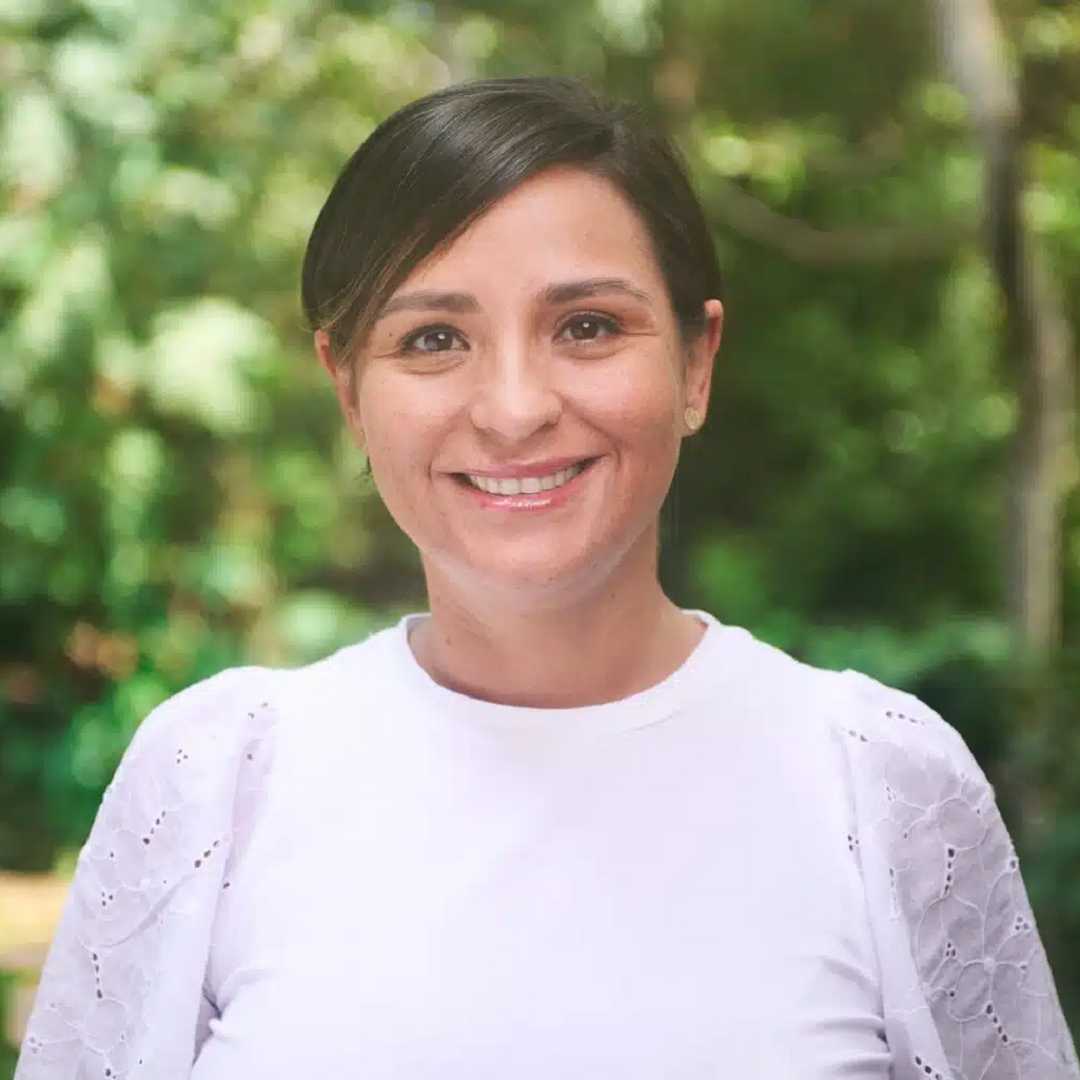
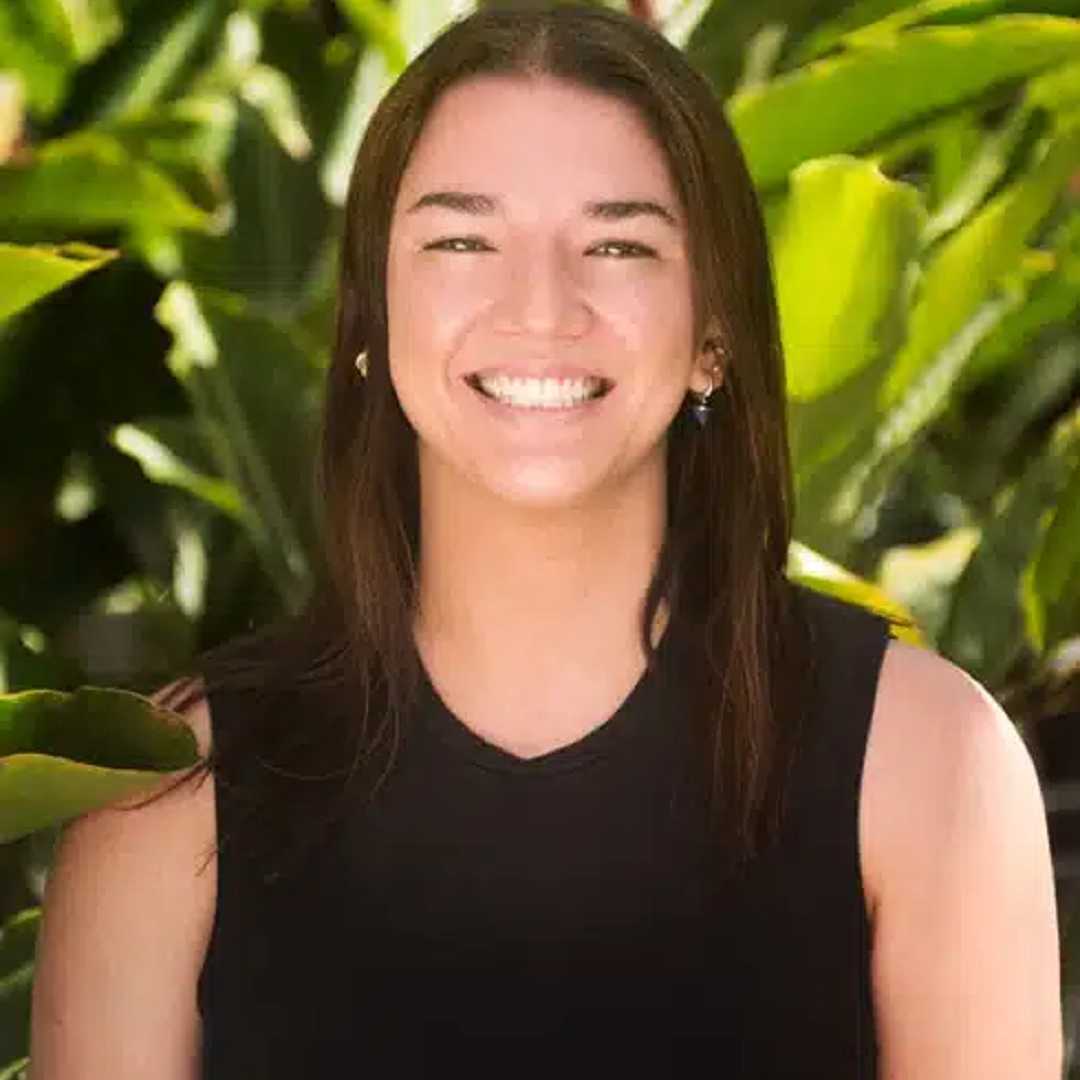
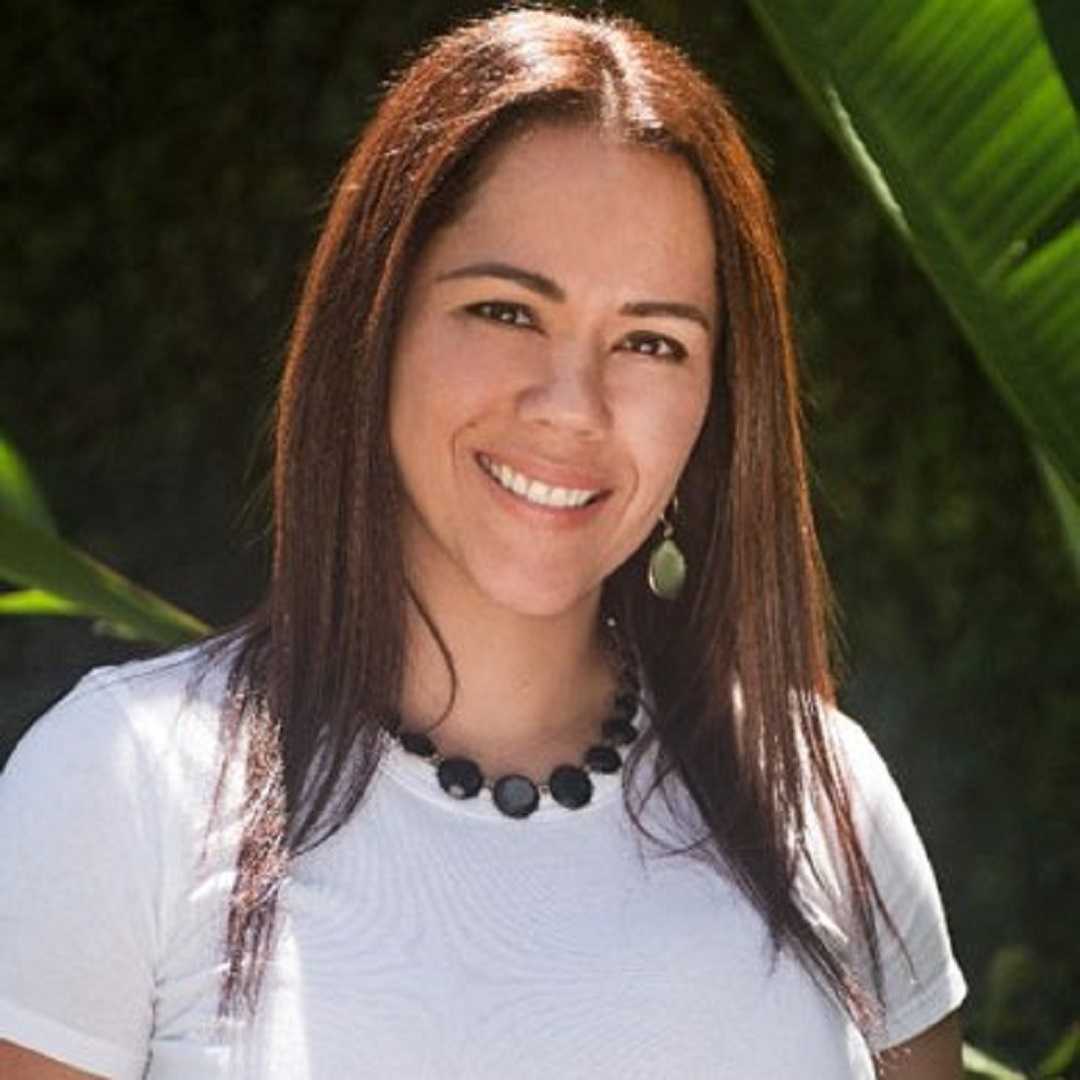
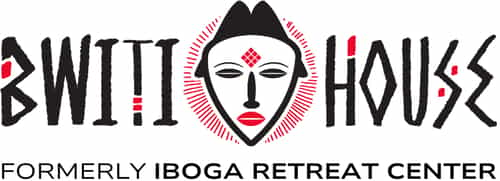

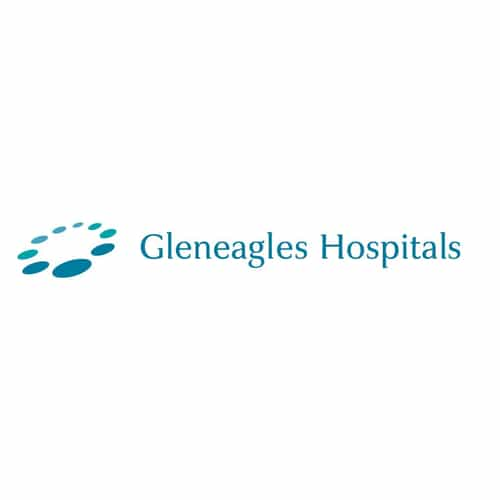
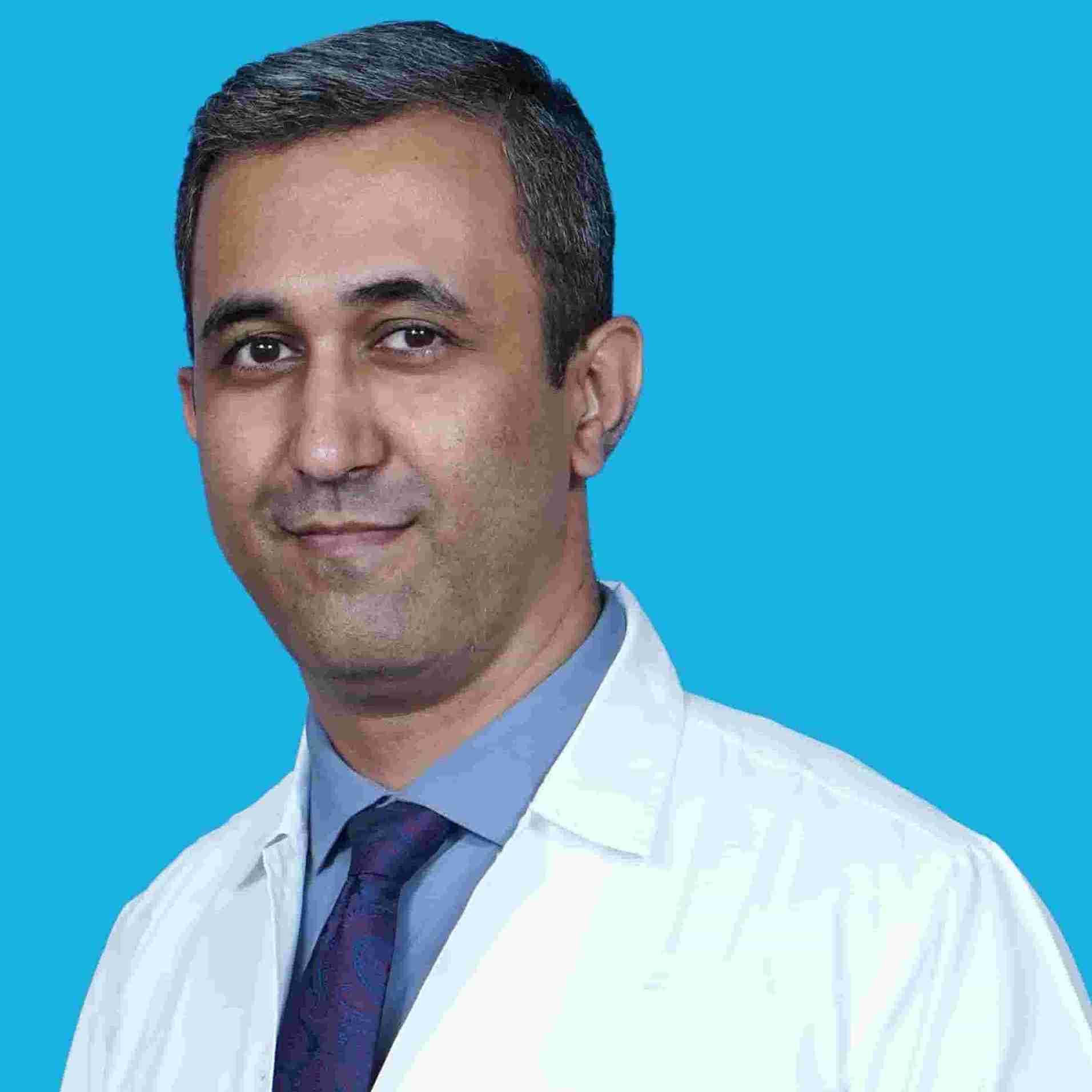

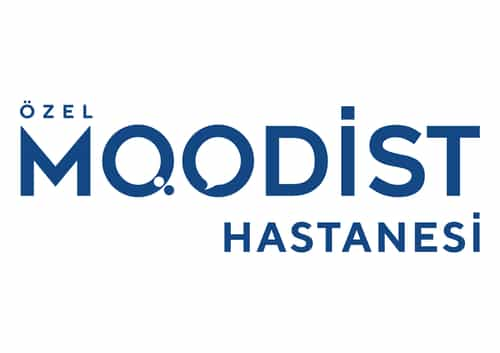

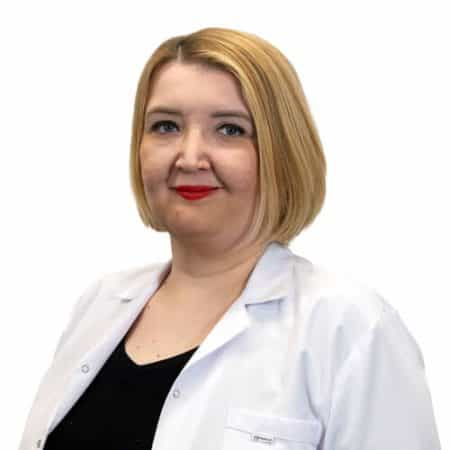
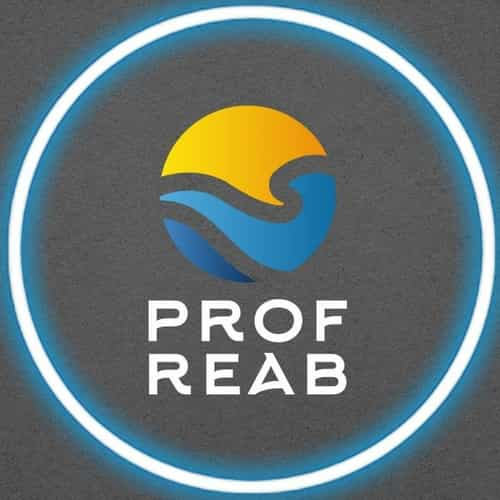


.png)
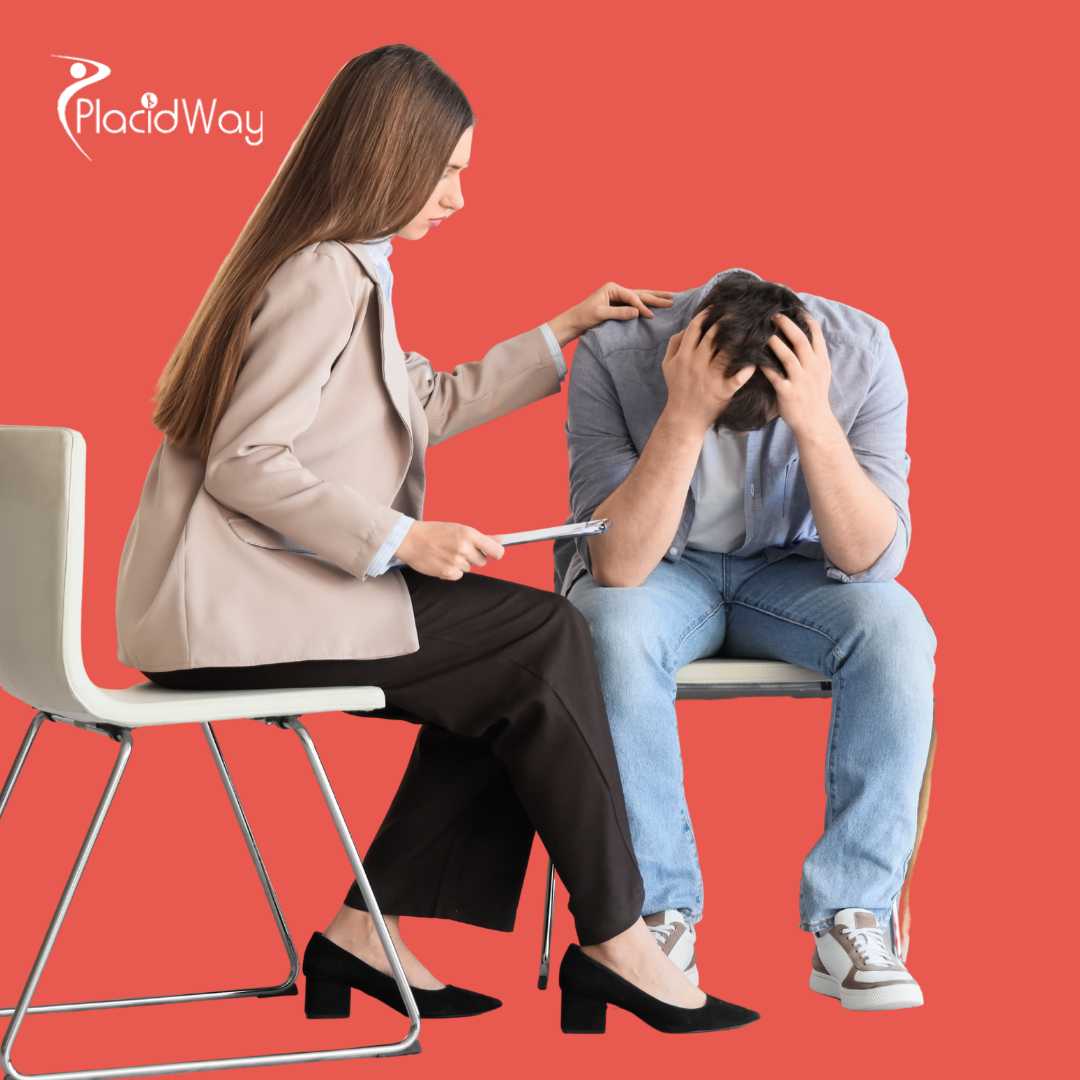
.png)

Awesome environment and the staff was friendly, attentive and professional. I recommend this clinic to anyone struggling with any addictive behaviors.
Read More